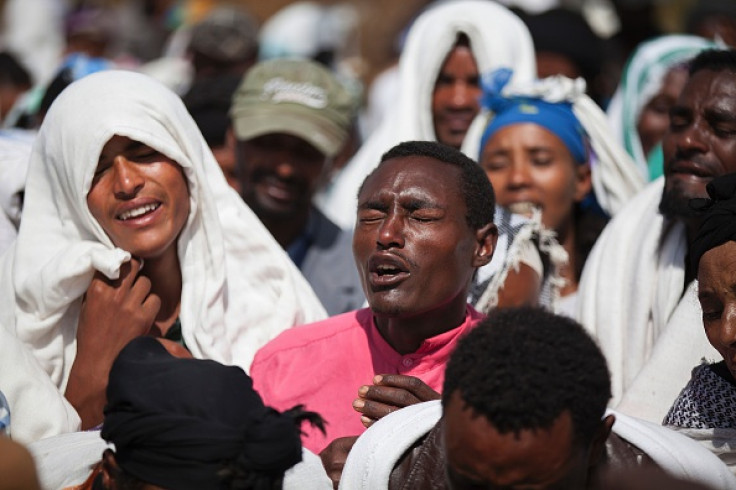Ethiopia: UN urges independent probe on protest violence in Amhara and Oromia
Nearly 100 people allegedly killed by security forces during anti-government protests.
The United Nations has urged the Ethiopian government to allow an independent investigation into the recent violence at anti-government protests earlier in August. It is believed that nearly 100 protesters were killed by security forces in the Amhara and Oromia regions.
"The use of live ammunition against protesters in Oromia and Amhara of course would be a very serious concern for us," Zeid Raad Al Hussein, UN High Commissioner for Human Rights, told Reuters.
Anti-government protests erupted in Amhara after thousands took to the streets of Gondar and Bahir Dar to protest over the administration of disputed territories.
Members of the Welkait Tegede community are demanding their lands be administered by the Amhara region, instead of the Tigray state.
Protesters, who identify themselves as ethnic Amhara - Ethiopia's second largest group - clashed with police during the demonstrations, labelled as the biggest anti-government unrest Ethiopia has witnessed in recent history.
In Oromia meanwhile, anti-government demonstrations led to the death of at least 67 people, according to opposition members and Amnesty International.
Who are the Oromo people, Ethiopia's largest ethnic group?
Who are the Amhara people involved in Ethiopia's anti-government protests?
The demonstrations were the culmination of a wave of unrest that has rocked Oromia in recent months.
People are calling for self-rule, the liberation of political prisoners, the end of what they perceive as "military regime" in the region. This includes the cessation of an alleged crackdown by security forces on "peaceful and unarmed" demonstrators, mainly students and farmers.
The Ethiopian embassy in London has not responded to a request for comment on the allegations.
However, the state-affiliated Fana Broadcasting Corporation (FBC) reported authorities as blaming foreign enemies for the recent unrest and deemed the recent protests as illegal.

© Copyright IBTimes 2024. All rights reserved.






